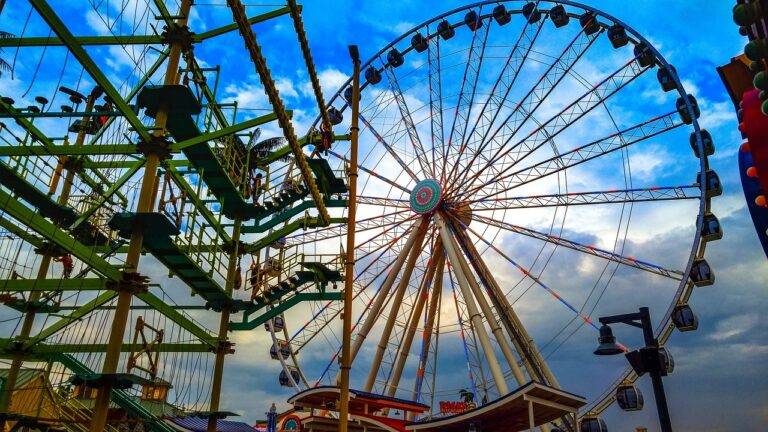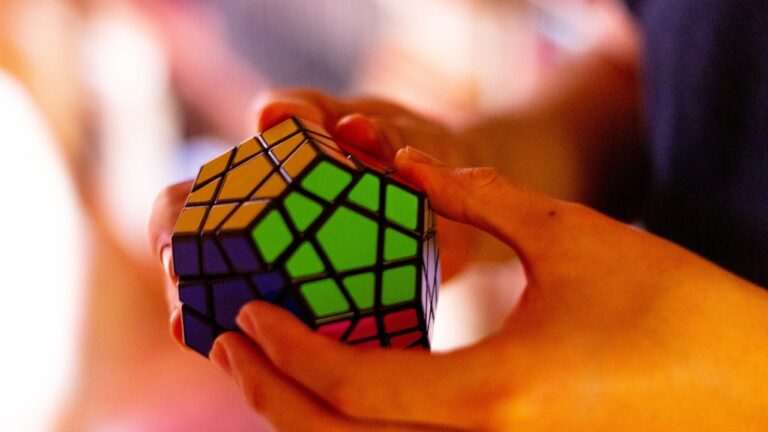The Influence of Cultural Trends on Entertainment Industry
One significant cultural trend shaping the entertainment industry today is the increasing demand for diverse representation. Audiences are seeking stories and characters that reflect the rich tapestry of humanity, including people of different backgrounds, ethnicities, sexual orientations, and abilities. This trend has led to a push for more inclusive casting, authentic storytelling, and diversity both in front of and behind the camera in various forms of entertainment.
Another key cultural trend impacting the entertainment industry is the rise of nostalgia-driven content. Audiences are drawn to familiar franchises, reboots, and remakes that evoke feelings of nostalgia and tap into their fond memories of the past. This trend has influenced the creation of reimagined classics, sequels to beloved films and TV shows, and the revival of retro aesthetics in music, fashion, and design across various entertainment platforms.
Impact of Pop Culture on Entertainment Trends
Pop culture plays a significant role in shaping entertainment trends in today’s society. As audiences are constantly seeking the latest and most relatable content, entertainment industries are quick to adapt and incorporate elements of pop culture into their productions. From fashion to music, movies to television shows, pop culture influences the themes, storylines, and characters that captivate audiences around the globe.
The rapid dissemination of pop culture through various media platforms has heightened its impact on entertainment trends. With the rise of social media influencers and viral trends, audiences are exposed to a plethora of pop culture references and influences on a daily basis. This constant stream of content often translates into the entertainment industry, with creators incorporating popular culture elements to resonate with their audiences and stay relevant in an ever-evolving landscape.
Influence of Social Media on Entertainment Choices
Social media has undeniably revolutionized the way people consume entertainment. Platforms like Instagram, Twitter, and TikTok have become powerful tools for individuals to discover, share, and engage with various forms of entertainment content. Users now have access to a wide range of entertainment options at their fingertips, from streaming services to viral videos to influencer collaborations.
The influence of social media on entertainment choices is evident in the rise of viral challenges, meme culture, and online fan communities. Trends and topics that gain traction on social media often shape what movies people watch, music they listen to, and events they attend. Furthermore, the direct interaction between fans and creators on platforms like YouTube and Reddit has blurred the lines between traditional entertainment consumption and active participation in shaping content preferences.





